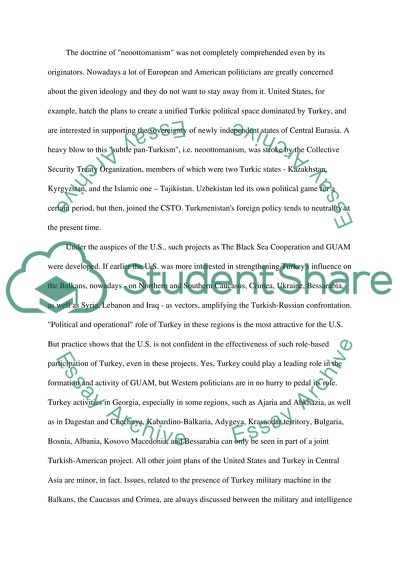Cite this document
(“Neoottomanism in Turkey and the Role of Turkey in the new formation of Essay”, n.d.)
Retrieved from https://studentshare.org/environmental-studies/1416556-neoottomanism-in-turkey-and-the-role-of-turkey-in
Retrieved from https://studentshare.org/environmental-studies/1416556-neoottomanism-in-turkey-and-the-role-of-turkey-in
(Neoottomanism in Turkey and the Role of Turkey in the New Formation of Essay)
https://studentshare.org/environmental-studies/1416556-neoottomanism-in-turkey-and-the-role-of-turkey-in.
https://studentshare.org/environmental-studies/1416556-neoottomanism-in-turkey-and-the-role-of-turkey-in.
“Neoottomanism in Turkey and the Role of Turkey in the New Formation of Essay”, n.d. https://studentshare.org/environmental-studies/1416556-neoottomanism-in-turkey-and-the-role-of-turkey-in.


